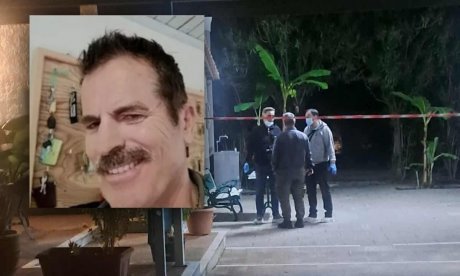Danish and Greek excavating team collect more information on ancient port of Lechaion
Archaeologists of the Danish Institute at Athens and the Underwater Antiquities Ephorate continued excavations, cleaning and research at the Lechaion ancient port west of Corinth for the fifth season, the ministry of Culture said on Wednesday.
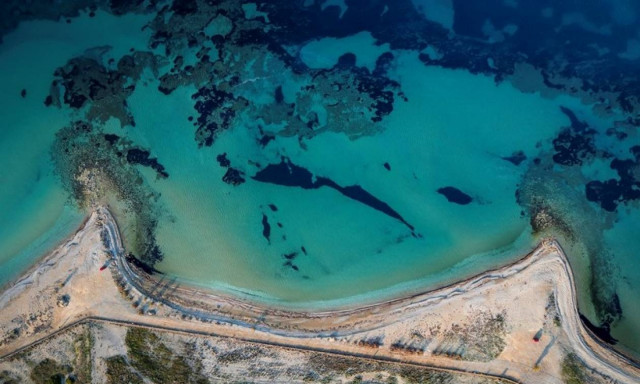
The team took digital records of the remains at the two jettys of the external port, during October and November, and initiated the cleaning of the remains of a large 9m by 9m submerged building which survives in four stone tiers.
The ministry said that ceramics found at the building included objects dated from the 1st to the 6th centuries BC as well as "organic remains and sections of worked wood that are preserved in excellent condition, due to the lack of oxygen in the bottom of the port basin."
Analysis will allow the reconstruction of ancient flora and fauna in the Lechaion area during several phases of antiquity, the ministry said.
Other data emerging is an indication that the building may have been destroyed by earthquake between 50 and 125 AD, with further damages in the 6th century AD.
External port excavations looked at the foundations of the jettys and recorded the remains in detail. The jettys survive to a height of 4 stone tiers and one of them appears to rest on a layer of small stones placed on the sandy sea bottom, 3.5m from the current surface of the sea. The other jetty survives to at least 45m in length and 18m in width, and up to 4m in height. Remains of a building measuring about 12m by 12m were found.
The excavation team also made extensive sampling of geology formations and used 3D imaging from above to study the formation of the harbor basins and try to determine the ancient geography of the region.
The port played a central role in the history of ancient Corinth, which lies 3km southeast from the coast. Lechaion harbor faced the west and the Gulf of Corinth. In 146 BC it suffered severe destruction by Mommius, the Roman general Lucius Mummius, but revived in 44 BC when Corinth was restored.
Excavations are directed jointly by the Ephorate of Underwater Archaeology and the SAXO-Institute at the University of Copenhagen, and funded by the foundations Augustinus and Carlsberg.
Source: amna-mpa
Διαβάστε επίσης
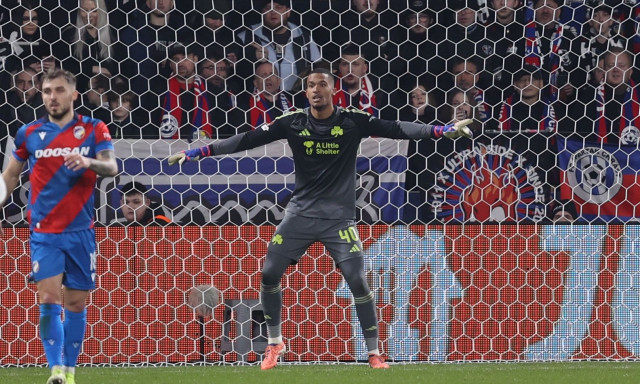

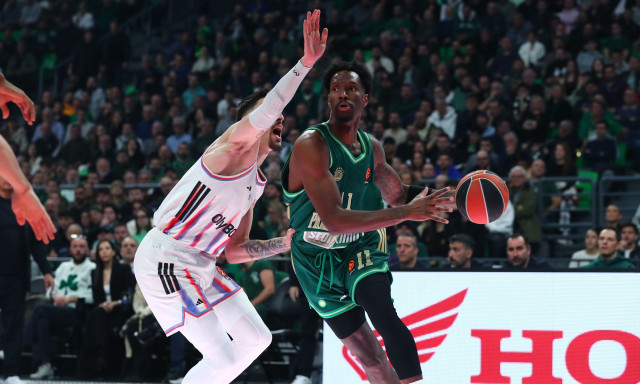

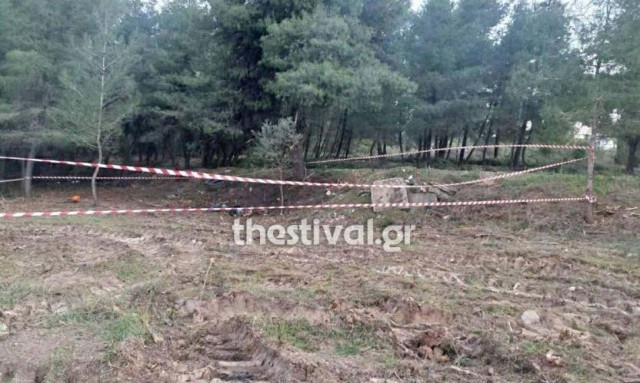
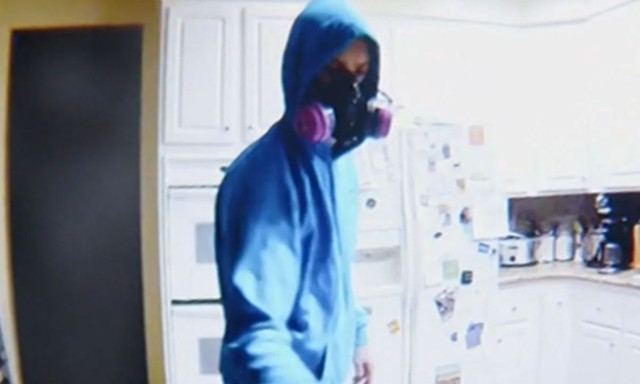
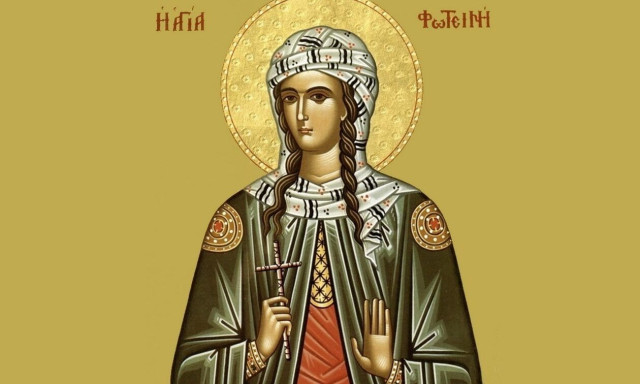
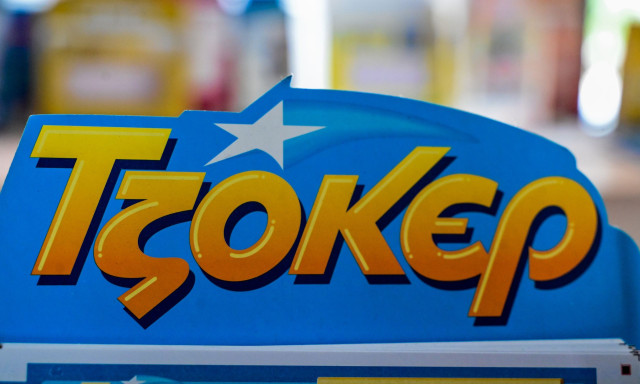
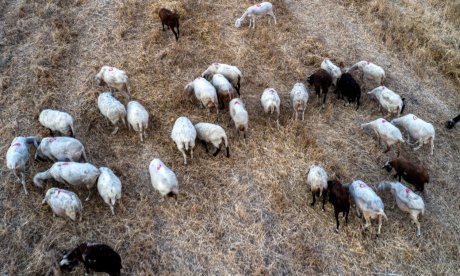




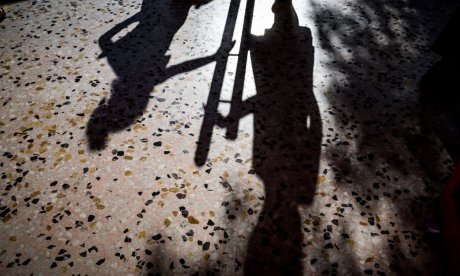
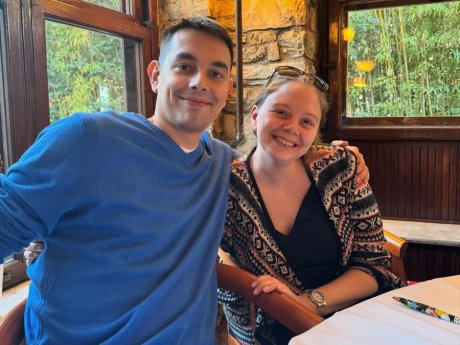
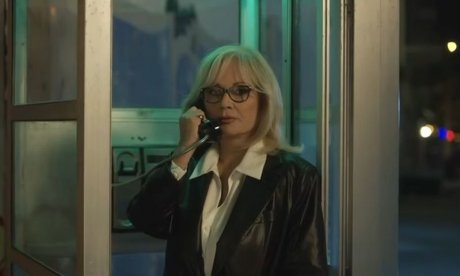
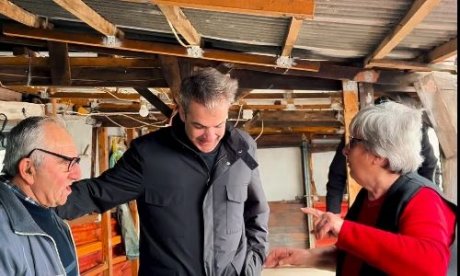
.jpg)

